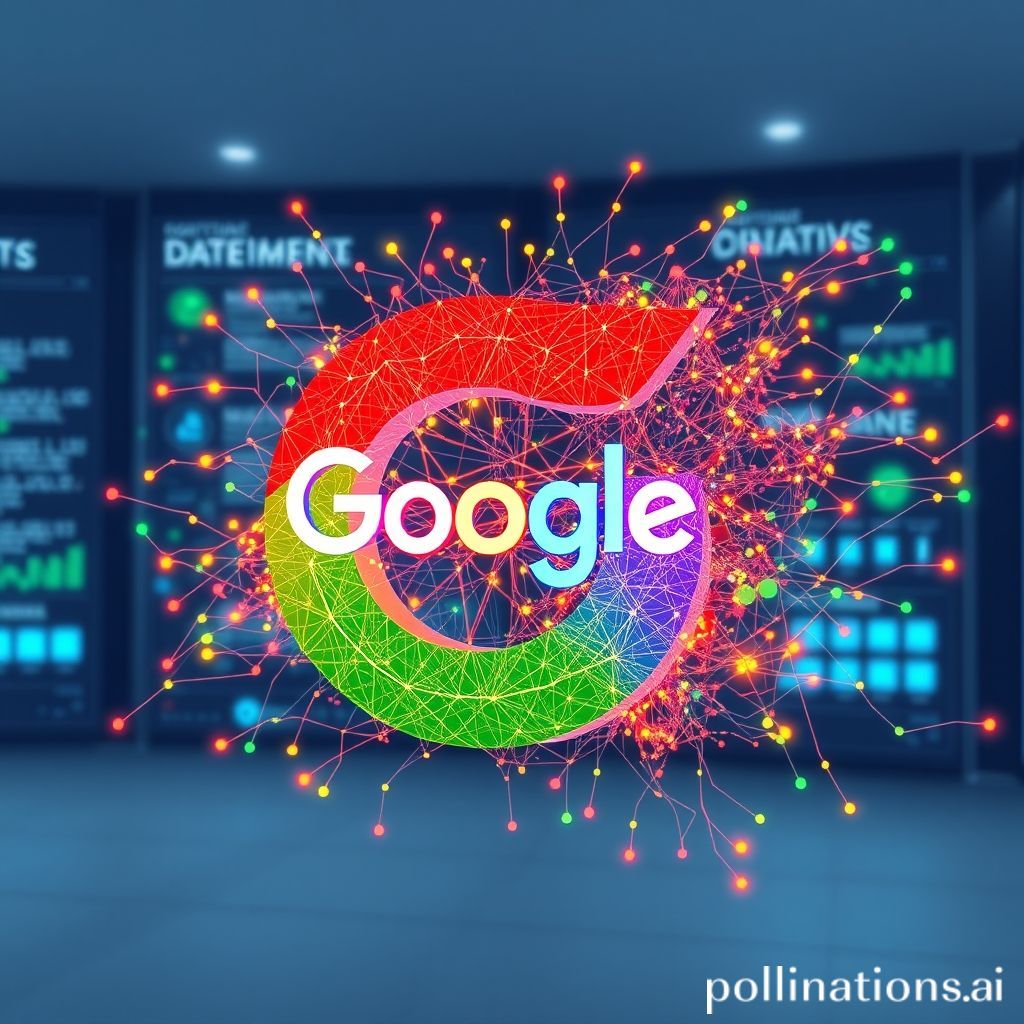Okay, team, I stumbled across something pretty interesting today over at Search Engine Journal, penned by Matt G. Southern: “Google Shares Details Behind AI Mode Development.” And honestly, it’s less about a shiny new product and more about peeking behind the curtain at how Google is thinking about AI. That’s where the real gold is for us marketers.
Forget the hype; this article dives into the nitty-gritty of the design principles driving Google’s AI initiatives. This isn’t just about tech; it’s about understanding the underlying philosophy that will shape the future of search and digital experiences. And believe me, it’s essential.
According to a recent study by McKinsey, AI has the potential to contribute $13 trillion to the global economy by 2030 (https://www.mckinsey.com/featured-insights/artificial-intelligence/what-is-ai). Understanding Google’s approach to AI development gives us a leg up in navigating that future.
Southern’s article really brought a few key points home for me:
1. User-Centricity, Always: Google’s not just slapping AI on everything. They’re focusing on how AI can genuinely improve the user experience. This means anticipating needs, personalizing interactions, and making information more accessible. Think of it as enhancing, not replacing, what we already do.
2. Context is King (and Queen): AI is about more than just keywords; it’s about understanding the intent behind the search. This is a huge shift for SEO. We need to focus on creating content that truly answers user questions and provides genuine value, not just stuffing keywords in hoping for a ranking boost.
3. Ethical Considerations Front and Center: Google is clearly thinking about the ethical implications of AI, and that’s vital. Bias in AI is a real concern, as highlighted in a 2019 study published in Science, showing that algorithms can perpetuate societal biases if not carefully designed and monitored (https://www.science.org/doi/10.1126/science.aax2358). Google’s awareness here should drive our own ethical considerations in using AI for marketing.
4. Transparency is Key: They’re aiming for transparency in how AI is being used. This builds trust with users, which is paramount. As marketers, we should also be upfront about how we’re using AI tools. No hiding behind the curtain!
5. Continuous Learning is the Name of the Game: AI is an iterative process. Google’s approach emphasizes constant learning and refinement. This means we need to be agile and adaptable in our marketing strategies, always testing and optimizing to stay ahead of the curve. A report by Forrester indicates that businesses that prioritize continuous learning are 50% more likely to be leaders in their industry (https://go.forrester.com/).
Okay, so what are the takeaways for us marketers? Here are my top 5:
- Double Down on User Intent: Forget keyword stuffing. Focus on creating valuable, informative content that genuinely answers user questions.
- Embrace Personalization: Use AI to personalize the user experience, tailoring content and offers to individual needs and preferences. But remember the ethical considerations!
- Prioritize Quality Over Quantity: Focus on creating high-quality, engaging content that provides real value to users.
- Stay Agile and Adaptable: The AI landscape is constantly changing. Be prepared to adapt your strategies as new technologies and algorithms emerge.
- Don’t Be Afraid to Experiment: Try out new AI-powered marketing tools and techniques. But always measure your results and make data-driven decisions.
It’s an interesting time to be in marketing, isn’t it? Staying informed and adaptable is paramount.
FAQ: Google’s AI Mode – Your Questions Answered
1. What exactly is “AI Mode” that Google is developing?
It’s not a specific product, but more of a philosophical approach to integrating AI across Google’s various platforms and services. It focuses on using AI to enhance user experience, improve information accessibility, and personalize interactions.
2. How will Google’s AI Mode affect SEO?
It will likely shift the focus from keyword stuffing to creating high-quality, informative content that genuinely answers user questions and addresses their underlying intent.
3. What are the ethical considerations Google is taking into account with AI Mode?
Google is considering potential biases in AI, ensuring transparency in how AI is used, and prioritizing user privacy.
4. How can marketers prepare for Google’s AI Mode?
By focusing on creating user-centric content, embracing personalization, prioritizing quality over quantity, staying agile and adaptable, and experimenting with new AI-powered marketing tools.
5. Will AI replace human marketers?
Unlikely. AI will augment marketers’ abilities by automating tasks, providing insights, and enabling personalized experiences. However, human creativity and strategic thinking will remain essential.
6. How can I ensure my content is optimized for AI-powered search?
Focus on understanding user intent, creating comprehensive and informative content, using structured data markup, and optimizing for mobile devices.
7. What role does data play in Google’s AI Mode?
Data is crucial for training and improving AI algorithms. Google uses vast amounts of data to personalize experiences, understand user intent, and deliver relevant results.
8. How transparent will Google be about its use of AI in search?
Google aims to be transparent about how AI is used, but some details may remain proprietary to protect their competitive advantage.
9. What are some AI-powered marketing tools I can use today?
There are numerous AI-powered tools available for tasks like content creation, SEO optimization, social media management, and email marketing. Examples include Jasper, Surfer SEO, and HubSpot.
10. Where can I learn more about AI in marketing?
Stay updated with industry publications like Search Engine Journal, attend webinars and conferences, and explore online courses on AI and machine learning. Also, don’t be afraid to experiment and learn by doing!

